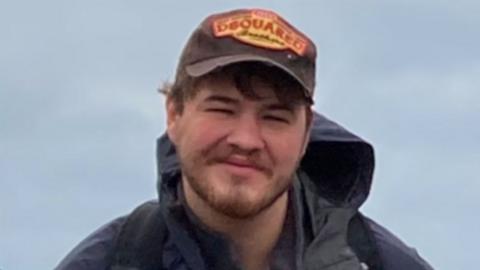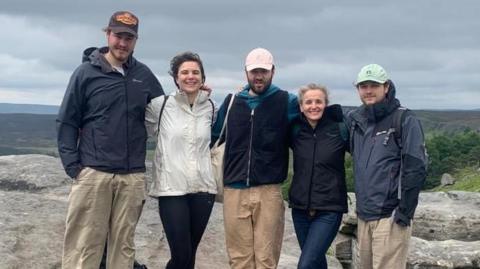A doctor who rushed her seriously ill son to the east London hospital where she worked, and where he later died of sepsis, says she feels "betrayed" by the way her family were treated.
William Hewes, 22, died within 24 hours of being admitted to Homerton University Hospital after his meningitis developed into sepsis in January 2023.
Dr Deborah Burns said she had repeatedly queried the speed of his treatment and has since been unable to "go back and work for an organisation that doesn't acknowledge its errors and learn from them".
A coroner has criticised the hospital but said she could not conclude if earlier treatment would have saved Mr Hewes. The hospital said it would learn from what happened.


